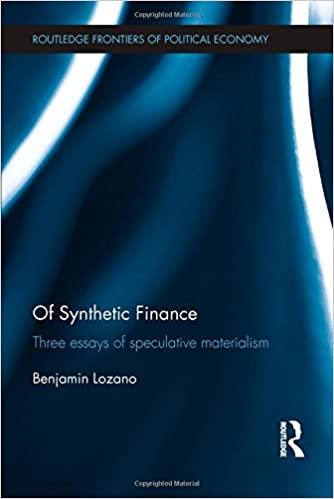Question
Captain Stubing of The Pacific Princess seeks to maximize the return for their scheduled 14 day tour of Europe and has a number of options
Captain Stubing of The Pacific Princess seeks to maximize the return for their scheduled 14 day tour of Europe and has a number of options available to him. He can ply his guests with alcohol, upsell them on fancier restaurant fare or include more expensive excursion options. These alternatives are not without tradeoffs, since different guests prefer different options, depending largely on their age and wherewithal. Among the limitations Captain Stubing must consider is the number of excursions; they must offer at least five alternatives per day for each the ten days they will reach port. In addition, the restaurant choices must exceed 12 major styles of cuisine and the bar themes down in The Grotto should rotate every other day for the 14 days. It's possible to rotate them twice a day, but any more than that and poor Isaac spends more time tearing down and setting up than he does mixing libations. Ideally, there should be at least one different bar theme for every cuisine type. The total budget for excursions, restaurants and bar has been set by the parent company at $150,000. It costs $1,500 to stock supplies for a major cuisine category, it costs $5,000 to include each different excursion, and it costs $900 to set up with a different bar theme. Based on historical data, Captain Stubing believes that each new bar setup will generate $1,500 profit, each new cuisine type will bring in $5,000, and each excursion type will generate $17,000 for the ship.
What are the appropriate objective function and constraints for this scenario?
Step by Step Solution
There are 3 Steps involved in it
Step: 1

Get Instant Access to Expert-Tailored Solutions
See step-by-step solutions with expert insights and AI powered tools for academic success
Step: 2

Step: 3

Ace Your Homework with AI
Get the answers you need in no time with our AI-driven, step-by-step assistance
Get Started


